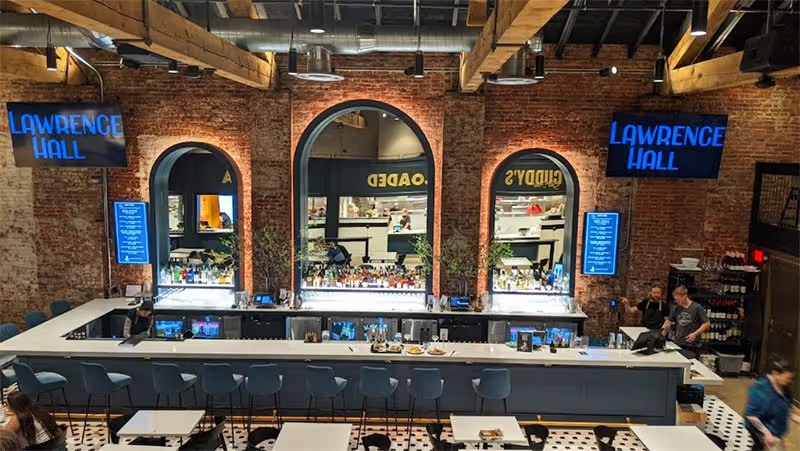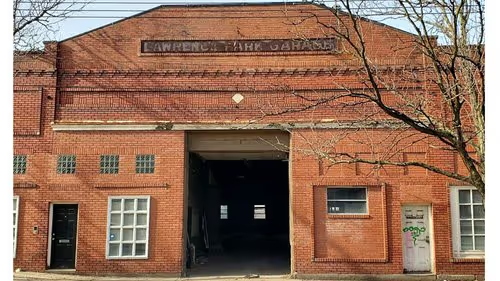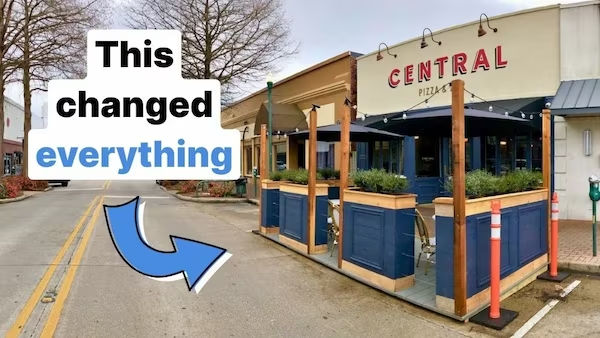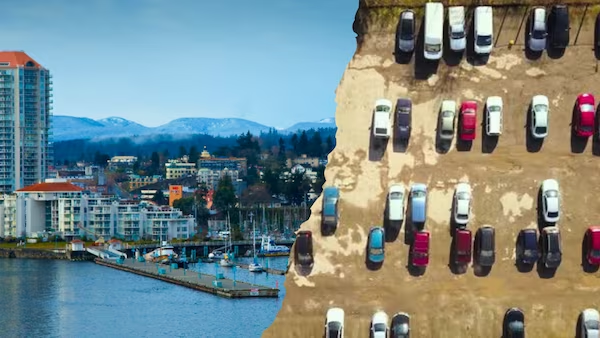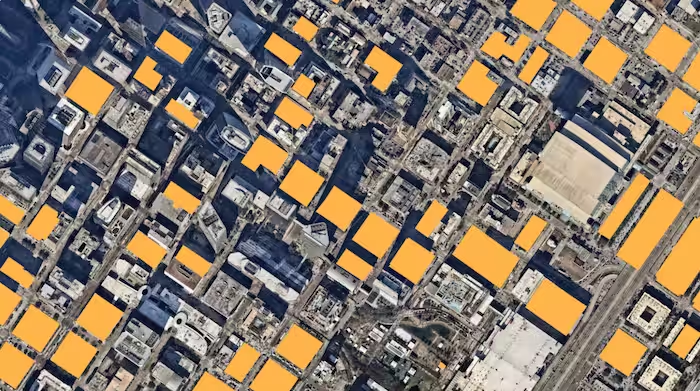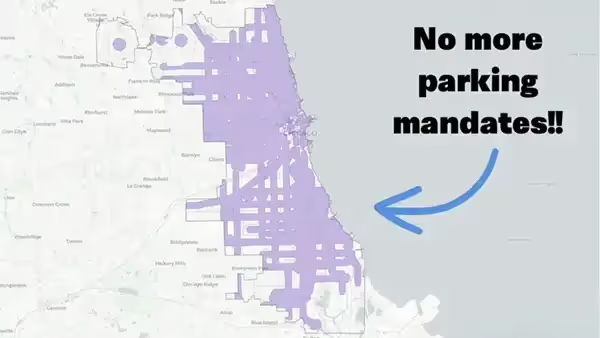A 6,000-square-foot building at 4609 Butler St. in Pittsburgh, Pennsylvania, has lived many lives since its construction in 1890. Local resident Brett Minarik told the Pittsburgh City Paper that at one point it was a theater, then it became an auto shop in the 1940s, after which it was taken over by a construction business that later used it as storage. It had been standing vacant for years when Minarik began taking the “for sale” sign seriously.
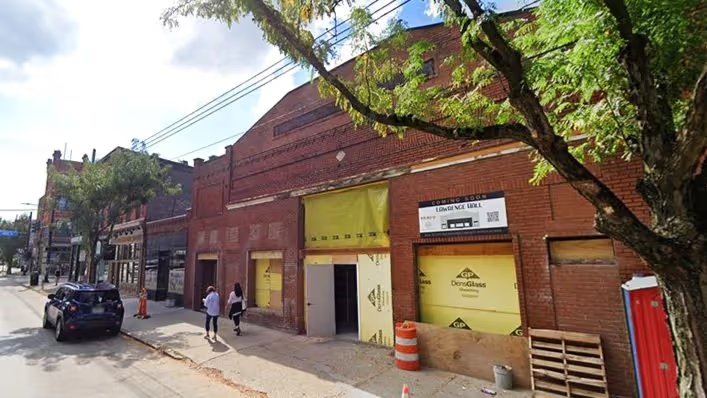
He, his wife Phoebe Fraser and their friend Adam Harvey decided to revive the abandoned structure in 2017. Located in one of the city’s hippest neighborhoods, 4609 Butler Street would become Lawrence Hall, a food hall that would give smaller restaurateurs a launchpad for their culinary creativity and give residents a novel environment for hanging out.
“For this thriving commercial district, we are short on space,” Harvey told a reporter in 2021, the year they aimed to open. “We hope small businesses come here to thrive, and a rising tide would lift all boats. We are interested in creating a footprint here that vibes with the neighborhood.”
In April 2024, seven years after they bought the building, Lawrence Hall finally opened its doors to the cheers of many local and even more virtual supporters, all of whom remember why it took so long in the first place: parking mandates.
When they purchased the property, the three co-owners knew they’d need to apply for a zoning variance, given the adaptive reuse of the vacant structure. What they hadn't expected to delay opening day by years, though, was their failure to provide 11 off-street parking spaces in an older neighborhood lauded for its walkability and bikeability.
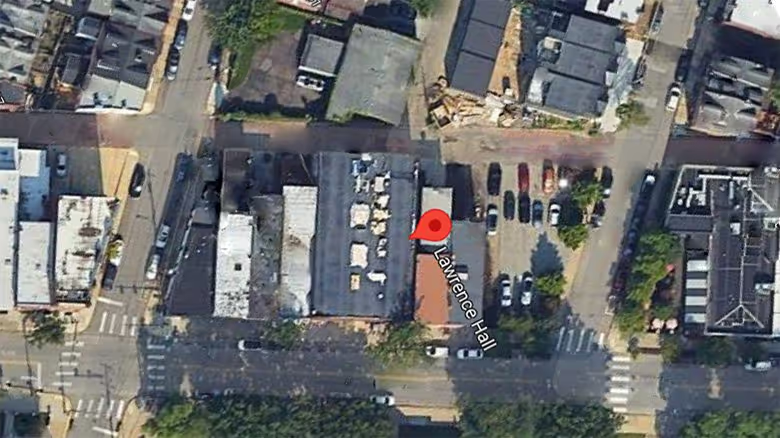
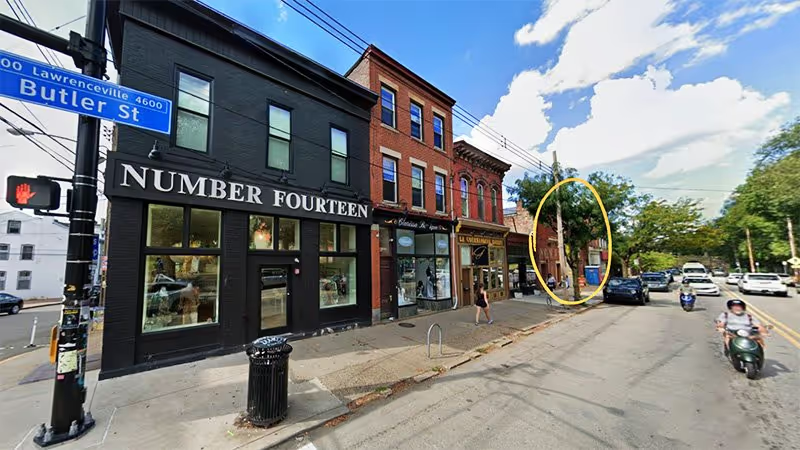
After months of tweaks and appeals, they convinced the city to agree to seven spots in addition to bicycle parking and transit passes for employees. That is until a single “notorious citizen activist,” as the local paper put it, objected and thrust the trio into many months and many more thousands of dollars of legal, consulting and application fees.
“Basically, the only thing standing in the way of Lawrence Hall becoming a reality is four off-street parking spaces,” the Pittsburgh City Paper wrote.
Throughout the ordeal, the idea of Lawrence Hall survived thanks to broad local support. “It can feel isolating sometimes, but when we get three to five messages a week supporting us, it makes it worth it,” Minarik told TribLive. “The support was hugely integral, knowing it was not just us.”
At the same time, that support did not outweigh the single voice of opposition that impeded the trio’s plans in the first place. Their case reached the state level, and in the spring of 2022, five years after they bought the place, the judges ultimately sided with Lawrence Hall. “It was really satisfying to have an entire panel of judges side with us at the state level,” Minarik said at the time.
The journey to opening day wasn’t easy, but at least Lawrence Hall’s struggle came with some collateral wins. The co-owners’ struggle put Pittsburgh’s parking mandates in the spotlight, which resulted in the city revisiting and loosening the code. Fast food restaurants, which were previously required to have one off-street parking space for every 75 square feet of space, are now only required to provide one parking spot per 500 square feet. Other restaurants have the option to provide one spot per 500 square feet of space, rather than the previously mandated 125 square feet.
When that measure was voted upon in December 2021, the city’s zoning administrator, Corey Layman, explained that Pittsburgh’s prior requirements forced restaurants to provide “significantly more parking” than comparative cities and that the measure would “realign the parking requirements for restaurants to their actual needs.”
For existing structures, like 4609 Butler Street, observing parking mandates often means demolishing the business next door or part of your own. That was, in fact, the course of action the food hall’s opponent and his few latent supporters championed. Not only is taking a wrecking ball to your property an unattractive and expensive option for someone trying to enrich the community, but it also entrenches the neighborhood in a future that prioritizes car traffic and storage.
If every business and home on Butler Street was forced to observe Pittsburgh’s pre-2021 parking mandates, the area would resemble a classic strip mall more than the vibrant streetscape that has earned it praise in recent years. It’s no surprise that one of the most popular petitions the city receives is a request for a parking variance. Perhaps it’s time to abolish the mandates altogether.
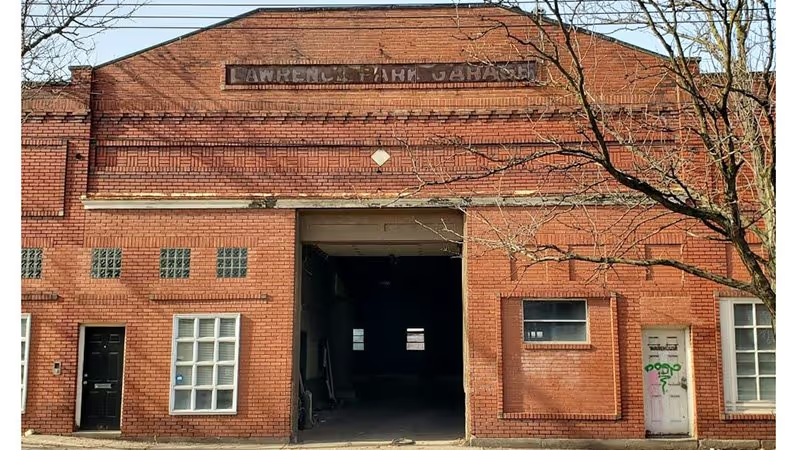
Before the parking mandate was changed.
